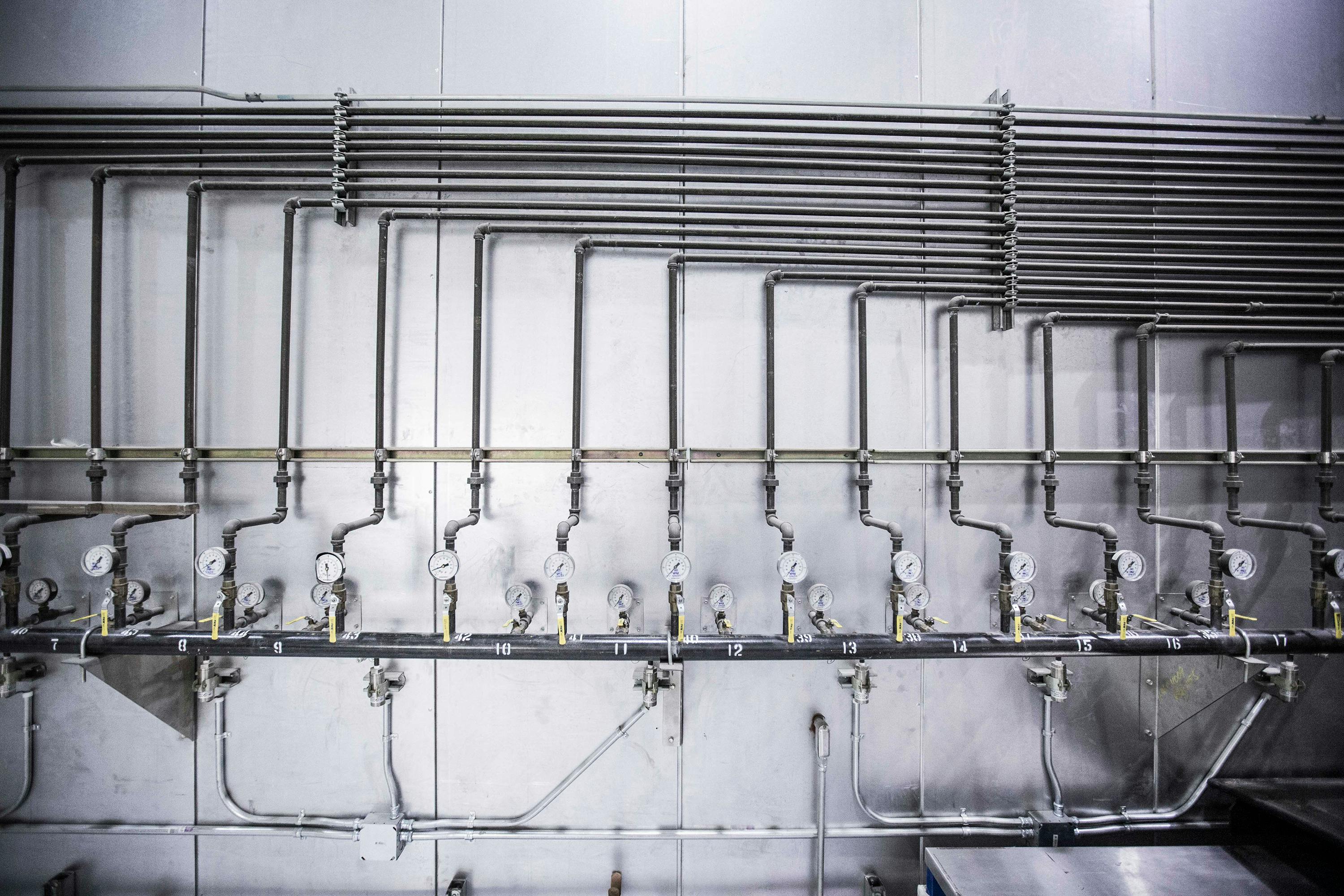In our last blog, we broke down operational drag, the invisible GTM friction that slows your team down. Think territory overload, bad data, and CRM chaos.
This one’s part two. Different villain. Same result.
Because even if you’ve got clean books and pipeline coverage, there’s another silent killer that creeps in around mid-year: inconsistent sales execution.
And yeah, it’s costing you more than you think. And yeah, if its costing you more than you think.
Pipeline isn't the problem. Behavior is.
We’ve all been there. Q3 starts soft, and the board wants to know what’s broken. The pipeline coverage looks decent. The accounts are in place.
But reps are slow to follow up. They’re skipping steps. Or just going through the motions. Suddenly, you’re seeing:
- Deals stall in stage 2
- Leads sit untouched for days
- Meetings get booked but not advanced
- Reps chasing activity goals that don’t move revenue
This isn’t a strategy issue. It’s an execution issue.
What execution drag looks like
It shows up in the little things that compound over time:
- Prospecting happens... sometimes.
- Follow-ups take hours, or worse, days.
- Reps hit “120 activities” but can’t recall a single quality convo.
- Coaching notes go ignored.
- Forecasts lean on hope instead of progress.
The stats back it up:
- Only 7% of companies respond to leads within five minutes. The average is 42 hours. And half take five days to reply. (Gradient Works)
- 91% of employees want accountability, but fewer than 20% actually see it. (ClearCo)
- Burnout leads to prolonged team slumps. (qwilr.com)
- And no, activity does not equal progress.
Spotting the gaps
Execution drag can be sneaky. On the surface, reps look busy: calls are being logged, emails are going out, but pipeline isn’t moving.
If conversion rates are flat and deals are stuck in early stages, the problem isn’t effort. It’s behavior.
Healthy reps might log 40–50 calls a day, but what matters is follow-up speed, account quality, and how often they actually convert. If that’s not happening, it’s time to coach, reset expectations, and tighten the motion.
How tighten execution before Q4
You don’t need a total rebuild. Just tighter systems and sharper focus. Here’s what helps:
1. Clear cadences > freestyle hustle
If your reps are winging it, your pipeline is too. Lock in weekly prospecting blocks, standard follow-up SLAs, and stage-by-stage guidance.
2. Coach for consistency, not just quantity
Don’t celebrate 200 tasks a day. Celebrate meetings booked, meetings held, and pipeline progressed. Inspect the why, not just the number.
3. Surface the right accounts
Execution improves when reps have better targets. Tools like Gradient Works help dynamically assign high-fit accounts so your team spends less time guessing and more time converting.
4. Audit responses times
Your inbound form is useless if it takes 42 hours to reply. Speed = intent. Set a five-minute SLA. Hit it.
5. Reset what "good" looks like
Q3 is a great time to re-align expectations. Share benchmarks. Reset rituals. Make the high-performing behavior visible and contagious.
Finish strong
Execution gaps don’t show up in board decks. But they do show up in missed quarters. Fixing them doesn’t require a reorg. Just sharper coaching, cleaner systems, and a renewed sense of urgency.





